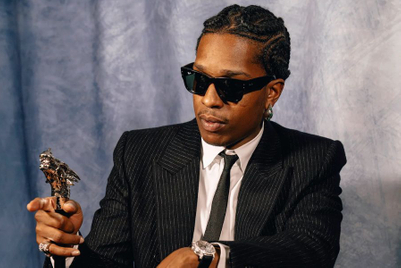
At CEI's Event360 held at the Hong Kong Ocean Park Marriott, panellists set the tone by agreeing that ‘luxury’ is an overused word. The reasons are simple.
Anna Wong, director of events, Four Seasons Hong Kong, contended that most of her competitors are offering equally great service and venues, but what makes each stand out is their "persistent attention to details". There is also the widely held perception that Asia does luxury better than the rest of the world, yet the knowledge is shifting within the industry on what really constitutes luxury.
"A nice ballroom is a given nowadays. We truly want to operate a business where we can understand your needs and preferences. People are our asset," she said.
Guy Paillard, founder and director of brand strategy and technology of Imagindustries, shared that with events in the banking sector, for instance, luxury experiences are not exclusive to private banking. This can be applied across other industries too.
“Going into Chanel, Cartier, everything will be broken down in a refined manner. We can bring the same experience to corporate, without cutting corners…I’d like to think we can apply quality to FMCG [too],” Paillard said.
Budgets remain a challenge, however, as Paillard pointed out that clients are demanding certain add-ons due to an emphasis on wellness. On the wellness note, while yoga, green juices and meditation are in vogue, free flow of alcohol available and the "typical heavy drinking" culture during business events do not go hand-in-hand with the wellness movement.
"If drinking (alcohol) is an important part of a program, it’s probably a perspective that will change over the years. Heavy drinking in the workplace is becoming a no-no. I think we get judged over time. There’s a time and a place for that. Coming from a customer journey point-of-view, you can allow for those moments.. but even when the drink is available, people just want to have a few," said Paillard.
David Litteken, VP, Asia Pacific region, BI Worldwide, said: “The client’s objective can set the agenda, [but] I guess it does comes back to personal choice. I don’t think there’s much you can do [about heavy drinking], all you can do is adjust whether there is free flow, or whether you have a bottle on the table.
“If you are not looking at ways to limit heavy drinking on your programme, you are probably not being responsible as a sponsored organisation to your employee and participants. Introducing these wellness elements can help, can gradually over a few years can adjust that perspective on what has always been included in the programme."




.jpg&h=334&w=500&q=100&v=20250320&c=1)
.jpg&h=334&w=500&q=100&v=20250320&c=1)



.jpg&h=334&w=500&q=100&v=20250320&c=1)
.png&h=334&w=500&q=100&v=20250320&c=1)



.png&h=268&w=401&q=100&v=20250320&c=1)

.jpg&h=268&w=401&q=100&v=20250320&c=1)


